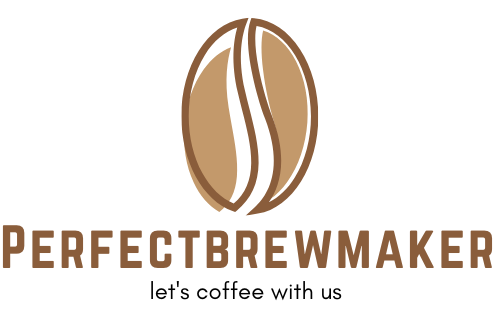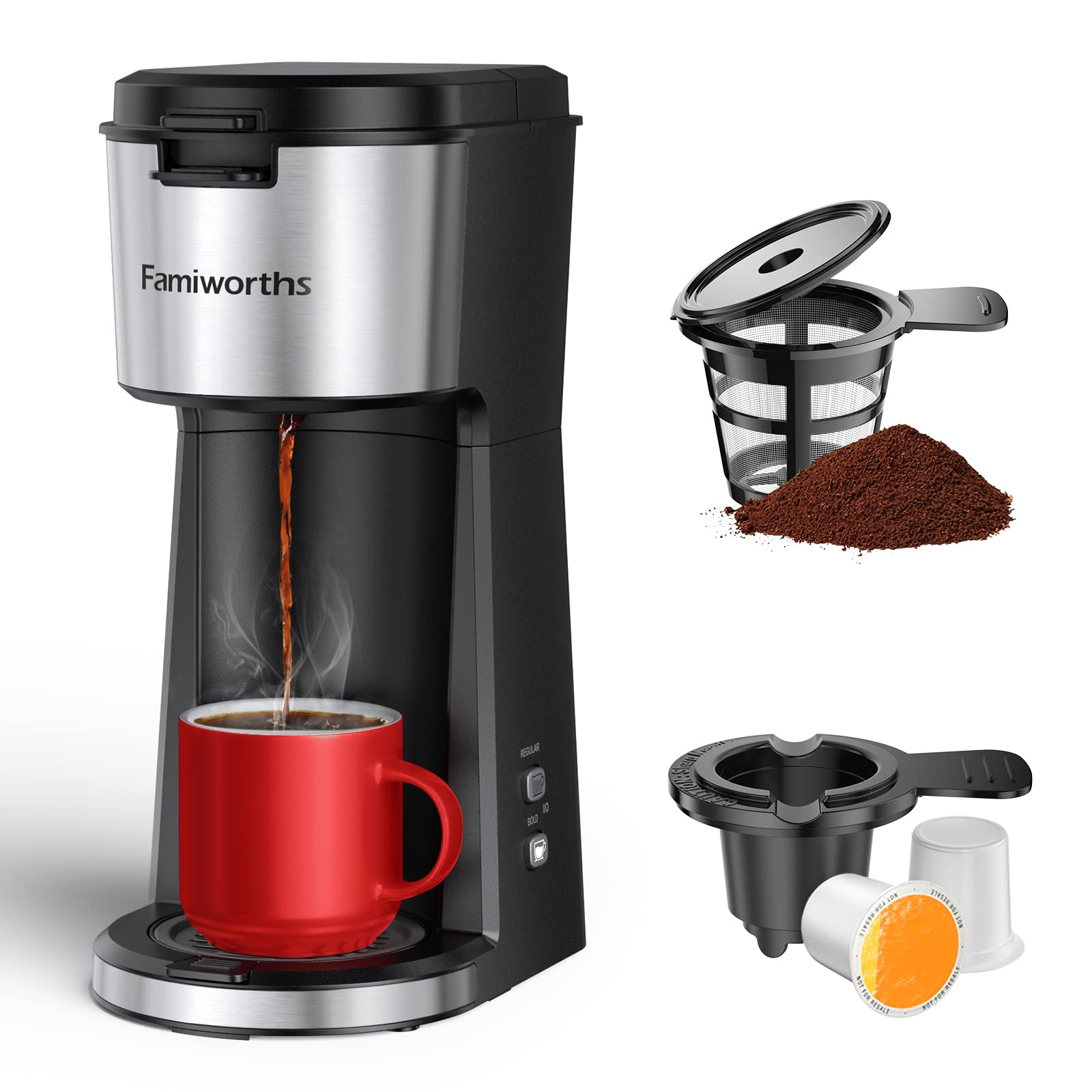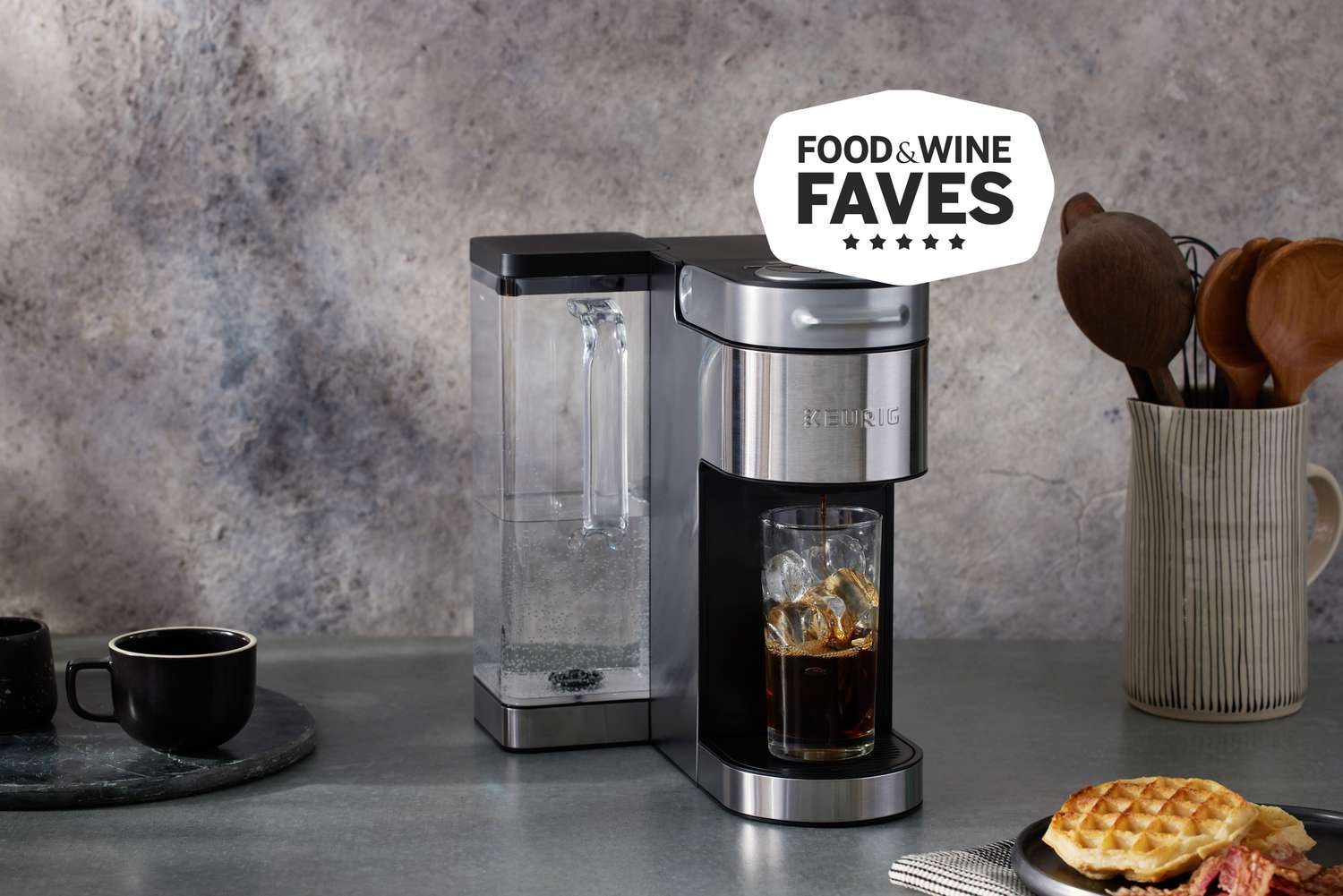Welcome to the world of single-serve coffee makers! If you’re curious about whether these convenient appliances are BPA-free, you’re in the right place. Many brands now offer BPA-free options, ensuring your morning cup of joe is not only delicious but also safe for your health. Explore our article to learn more about BPA-free single-serve coffee makers and make informed choices for your kitchen. Are Single-serve Coffee Makers BPA-free?
Have you ever wondered if the single-serve coffee maker you use every day is actually safe for your health? In this article, we will explore the question: “Are single-serve coffee makers BPA-free?” Let’s delve into the world of BPA and how it relates to your morning cup of joe.
What is BPA and why is it a concern?
Before we can answer the question of whether single-serve coffee makers are BPA-free, we need to understand what BPA is and why it has become a concern for many consumers. BPA, which stands for Bisphenol A, is an industrial chemical used in the production of certain plastics and resins. It has been used in the manufacturing of food and beverage containers, including water bottles and food storage containers.
Why is BPA a concern?
Research has shown that BPA can leach from containers into the food or beverage they hold, especially when exposed to heat. This is concerning because BPA is considered an endocrine disruptor, meaning it can interfere with hormonal balance in the body. Studies have linked BPA exposure to a variety of health issues, including reproductive disorders, cancer, and developmental problems in children.
BPA in coffee makers
Now that we understand the potential risks associated with BPA, let’s take a closer look at whether single-serve coffee makers contain this chemical. The components of a coffee maker that may come into contact with hot water, such as the water reservoir and plastic parts, are the main areas of concern.
Types of single-serve coffee makers
There are several types of single-serve coffee makers on the market, each with its own set of materials and construction. Some popular brands include Keurig, Nespresso, and Hamilton Beach. It’s essential to check the manufacturer’s specifications to determine if BPA is present in any components of the coffee maker.
Materials used in coffee makers
Coffee makers can be made of various materials, including plastic, stainless steel, glass, and ceramic. Plastic components are more likely to contain BPA, especially if they are made from polycarbonate plastic. Look for coffee makers that are certified BPA-free or are made from materials known to be safe for food and beverage use.
BPA-free certifications
When shopping for a single-serve coffee maker, look for products that are labeled as BPA-free. Many manufacturers now offer BPA-free options for consumers concerned about potentially harmful chemicals in their kitchen appliances. Be sure to read product descriptions and labels carefully to ensure that the coffee maker you choose is free of BPA.
How to determine if a coffee maker is BPA-free
If you already own a single-serve coffee maker and are unsure if it contains BPA, there are a few steps you can take to investigate:
Check the manufacturer’s website
Visit the manufacturer’s website and look for information about the materials used in their coffee makers. Many companies provide detailed product specifications, including whether their products are BPA-free. If this information is not readily available online, contact the manufacturer directly for clarification.
Examine the product packaging
If you still have the original packaging for your coffee maker, check for any labels or stickers indicating that the product is BPA-free. Manufacturers often include this information on the packaging to reassure consumers about the safety of their products.
Contact customer service
If you are unable to find information about the BPA content of your coffee maker, reach out to the manufacturer’s customer service department for assistance. They should be able to provide you with detailed information about the materials used in your specific coffee maker model.
Alternatives to BPA-containing coffee makers
If you discover that your single-serve coffee maker does contain BPA and are concerned about potential health risks, there are several alternatives you can consider:
Stainless steel coffee makers
Stainless steel coffee makers are an excellent alternative to plastic models that may contain BPA. Stainless steel is a durable, non-reactive material that is safe for brewing hot beverages. Look for coffee makers with stainless steel components, such as the brewing chamber and water reservoir.
Glass coffee makers
Glass coffee makers are another safe option for those looking to avoid BPA. Glass is an inert material that does not leach harmful chemicals into your coffee. While glass coffee makers may be more fragile than plastic or stainless steel models, they are an excellent choice for health-conscious consumers.
Ceramic coffee makers
Ceramic coffee makers offer a classic, elegant option for brewing your favorite beverages. Ceramic is a non-toxic, heat-resistant material that is safe for everyday use. Look for coffee makers with ceramic components, such as the brewing chamber and carafe, to ensure a BPA-free brewing experience.
Conclusion
In conclusion, the question of whether single-serve coffee makers are BPA-free depends on the specific model and materials used in their construction. As consumers become more aware of the potential health risks associated with BPA exposure, manufacturers are responding by offering BPA-free alternatives for those concerned about chemical leaching in their kitchen appliances.
When choosing a single-serve coffee maker, be sure to check for BPA-free certifications and opt for materials known to be safe for food and beverage use. If you already own a coffee maker and are unsure about its BPA content, take the time to research the manufacturer’s specifications or contact customer service for clarification.
By making informed choices about the materials in your kitchen appliances, you can enjoy a safer, healthier brewing experience every morning. Remember, your health is worth investing in a BPA-free coffee maker that you can trust for years to come. Cheers to a safer cup of coffee!




